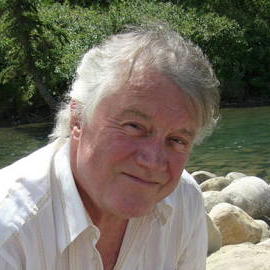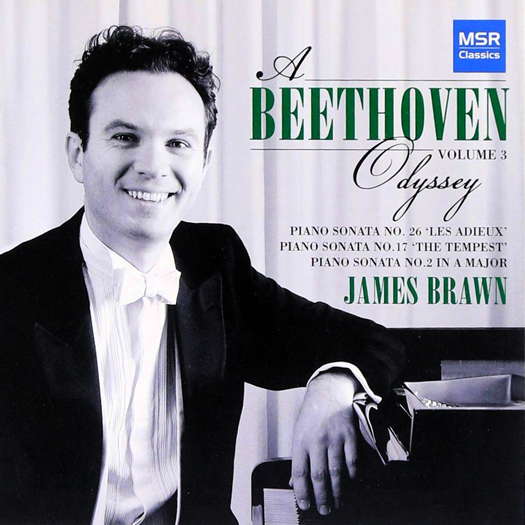 SPONSORED: The Many Hats of Allan Rae - A Birthday Greeting, by Endre Anaru.
SPONSORED: The Many Hats of Allan Rae - A Birthday Greeting, by Endre Anaru.
All sponsored features >>
Rudolf Escher
Dutch composer, music theorist, painter, poet and writer Rudolf George Escher was born in Amsterdam on 8 January 1912. He took piano lessons, at first with his father, a geologist and mineralogist, and later with Bé Hartz. He also took violin and harmony lessons. He studied piano and cello at Rotterdam's Toonkunst Conservatoire, and later composition with Willem Pijper.
During World War II he lost his house, all his possessions and many of his early compositions in the bombing of Rotterdam on 14 May 1940.
On writing Musique pour l'esprit en deuil between 1941 and 1943, he became the Netherlands' most important composer, and is still considered one of the most prominent of that generation of Dutch composers.
Escher had communist ideals, but considered Russian communism to be a failure.
During the 1960s he experimented with electronic music and serialism, took analysis classes with Pierre Boulez, and taught in Amsterdam and Utrecht.
Rudolf Escher died on 17 March 1980 in De Koog, North Holland, aged sixty-eight.


